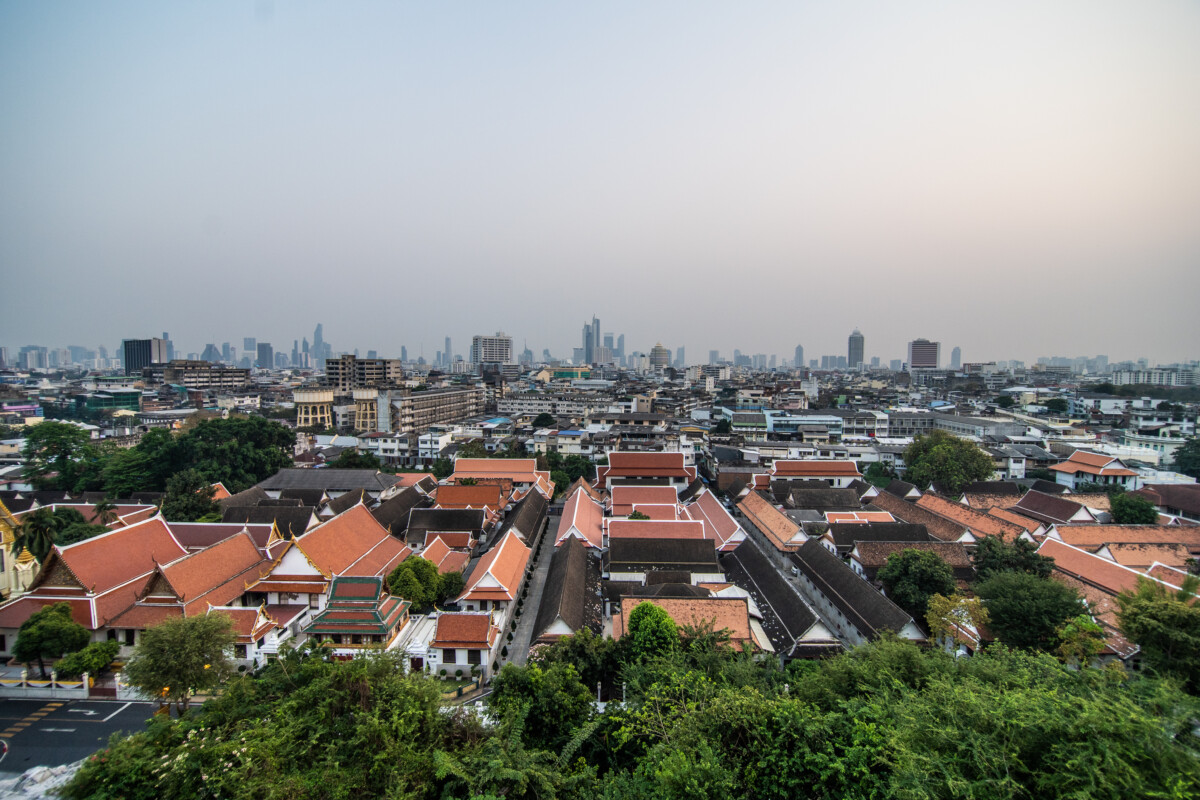Urbanization in Nigeria: Challenges and Solutions for Sustainable Development
Urbanization is a defining feature of Nigeria’s development trajectory. As Africa’s most populous country, Nigeria is experiencing rapid urban growth, with cities like Lagos, Abuja, and Port Harcourt expanding at unprecedented rates. This urbanization brings both opportunities and significant challenges that must be addressed to ensure sustainable development. As Nigeria continues to urbanize, it faces the dual challenge of managing the pressures of rapid urban growth while ensuring that cities remain livable, inclusive, and sustainable.
Challenges of Urbanization in Nigeria
- Infrastructure Deficits: One of the most pressing challenges of urbanization in Nigeria is the significant infrastructure deficit in cities. Rapid population growth has outpaced the development of essential infrastructure, leading to inadequate housing, transportation, water supply, sanitation, and electricity. In many Nigerian cities, roads are congested, public transport systems are insufficient, and access to clean water and sanitation services is limited. This lack of infrastructure not only diminishes the quality of life for urban residents but also hampers economic productivity and development.
- Housing Shortages and Slum Proliferation: The demand for housing in Nigerian cities far exceeds supply, leading to severe housing shortages and the proliferation of informal settlements or slums. These areas are often characterized by poor living conditions, including overcrowding, lack of basic services, and vulnerability to environmental hazards. The rapid growth of slums poses significant challenges for urban planning and management, as well as for public health and social equity.
- Environmental Degradation: Urbanization in Nigeria has also led to environmental degradation. The expansion of cities often involves the clearing of forests and the conversion of agricultural land, leading to loss of biodiversity and increased greenhouse gas emissions. Additionally, the inadequate management of solid waste, industrial pollution, and poor air quality are major environmental concerns in Nigerian cities. These environmental challenges threaten the sustainability of urban areas and the health of their residents.
- Traffic Congestion and Transportation Issues: Traffic congestion is a common problem in many Nigerian cities, particularly in Lagos, which is notorious for its traffic jams. The lack of efficient public transportation systems forces many people to rely on private vehicles and informal transport services, leading to increased congestion, longer travel times, and higher levels of air pollution. This situation not only affects the daily lives of urban residents but also contributes to economic inefficiencies.
- Social Inequality and Poverty: Urbanization in Nigeria has also exacerbated social inequality and poverty. While cities offer opportunities for economic advancement, many urban residents, particularly those in informal settlements, struggle with poverty, unemployment, and limited access to education and healthcare. The concentration of wealth in certain urban areas contrasts sharply with the poverty and deprivation found in others, leading to social tensions and disparities.
Solutions for Sustainable Urban Development
- Investing in Infrastructure Development: Addressing the infrastructure deficit is crucial for sustainable urban development in Nigeria. The government, in partnership with the private sector, must invest in the development of roads, public transport systems, water supply, sanitation, and energy infrastructure. This includes expanding and upgrading existing infrastructure as well as developing new systems to meet the needs of growing urban populations. The use of smart technologies and data-driven approaches can also enhance the efficiency and sustainability of urban infrastructure.
- Affordable Housing Initiatives: To address housing shortages and reduce the proliferation of slums, there is a need for comprehensive housing policies that promote the development of affordable housing. This can include government-led housing projects, incentives for private sector investment in affordable housing, and the regularization of informal settlements. Additionally, urban planning should prioritize the development of inclusive and well-serviced neighborhoods that provide access to basic services, green spaces, and economic opportunities.
- Environmental Management and Sustainability Practices: Sustainable urban development in Nigeria requires the integration of environmental management into urban planning processes. This includes the protection of natural ecosystems, the promotion of green spaces, and the implementation of sustainable waste management practices. Cities should also adopt policies to reduce carbon emissions, promote energy efficiency, and enhance resilience to climate change. Public awareness campaigns and community engagement can play a vital role in fostering a culture of environmental stewardship among urban residents.
- Enhancing Public Transportation Systems: Developing efficient and accessible public transportation systems is key to reducing traffic congestion and promoting sustainable urban mobility. Investments in mass transit systems, such as buses, trams, and railways, can provide affordable and reliable transportation options for urban residents. Additionally, cities should prioritize the development of pedestrian and cycling infrastructure to encourage non-motorized forms of transportation. These initiatives can reduce the reliance on private vehicles, decrease air pollution, and improve the overall quality of life in urban areas.
- Promoting Social Inclusion and Economic Opportunities: To address social inequality and poverty in Nigerian cities, it is essential to promote inclusive urban development that provides opportunities for all residents. This includes the creation of jobs, particularly in the informal sector, as well as access to quality education, healthcare, and social services. Policies that support small and medium-sized enterprises (SMEs), entrepreneurship, and skills development can also help to alleviate poverty and empower marginalized communities. Social inclusion efforts should focus on ensuring that all urban residents have a voice in decision-making processes and benefit from urban development initiatives.
Conclusion
Urbanization in Nigeria presents both significant challenges and opportunities for sustainable development. To ensure that Nigeria’s cities are able to thrive and provide a high quality of life for their residents, it is essential to address the infrastructure deficits, housing shortages, environmental degradation, and social inequalities that accompany rapid urban growth. By investing in sustainable infrastructure, promoting affordable housing, managing environmental resources, enhancing public transportation, and fostering social inclusion, Nigeria can create cities that are not only economically vibrant but also environmentally sustainable and socially equitable. The future of urbanization in Nigeria depends on the collective efforts of government, the private sector, and civil society to build cities that work for all.



